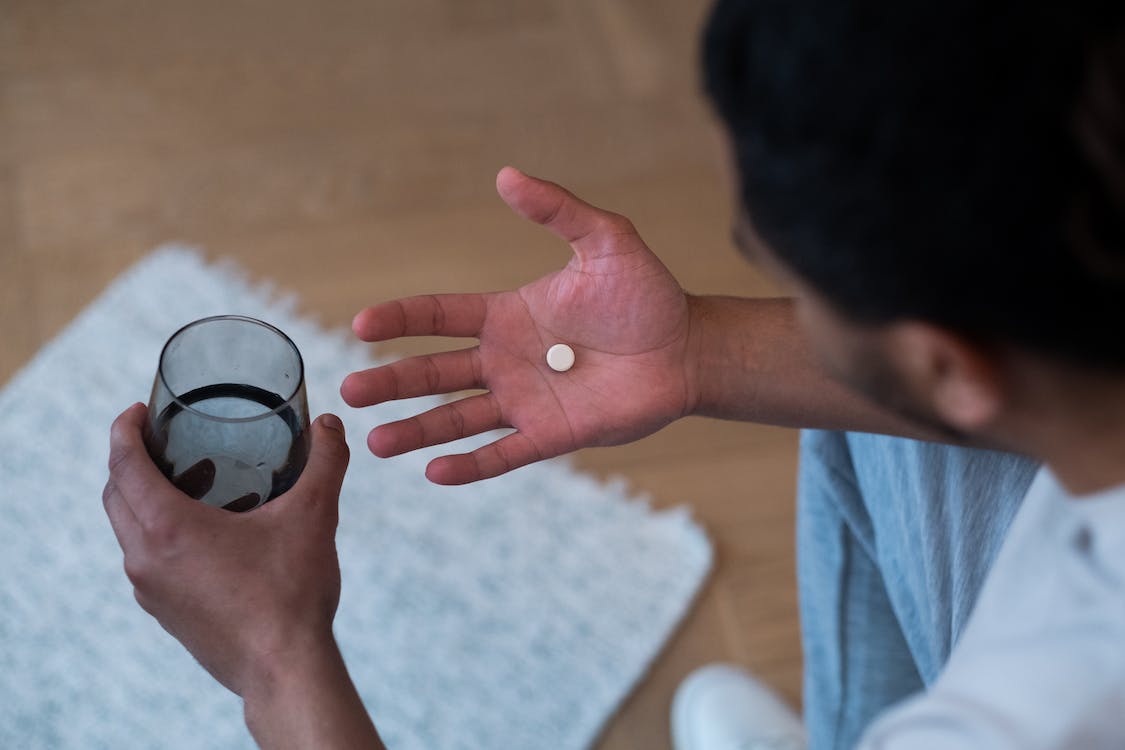Should Big Pharmaceutical companies be held liable for contributing to the opioid crisis? It’s an issue I consider frequently as a public servant enforcing drug decriminalization laws. Everyone in South Africa who is in recovery or knows someone who is should be concerned about this issue.
The aggressive advertising of opioid medications by pharmaceutical corporations is widely acknowledged as a major driver to the epidemic’s growth. Because the marketing downplayed the dangers of addiction while extolling the benefits, over-prescribing and addiction ensued. South African municipalities are now coping with the consequences of a people suffering with reliance.
However, that is not the end of the story.
Although it is not publicly known, certain pharmaceutical corporations profit from the selling of medications intended to treat opiate addiction. It’s a concerning revolving door of issue creation and monetization. As a result, the problems of fault and restitution are raised. Should the people who contributed to the problem pay for the solutions?
Multibillion-dollar lawsuits have been filed in nations such as the United States against pharmaceutical behemoths for their role in the opioid crisis. However, the violence has been less intense in South Africa. However, this is not mean that there are no battles. These companies are increasingly demanding accountability, and the money they save is going to benefit those who need it the most.
However, monetary compensation is not the only solution. We also need new legislation, a shift in public thinking about addiction, and money for comprehensive treatment programs. While working toward these reforms, it is critical to remember the people whose lives have been negatively impacted by opioid addiction. We must ensure that children may receive assistance when they require it.
It is critical to remember that no one is immune to the opioid crisis. Someone unknown now is a possibility. Tomorrow, it may be a member of your own family, a close friend, or a neighbor. Everyone is affected by this issue, and we must all work together to solve it. Those who have been victimized must not be forgotten, and accountability and reform must be demanded.
The role of Big Pharma in the opioid crisis is a domestic as well as a global concern. Overprescribing creates a terrible circle of addiction and pain, and we are seeing the same thing in South Africa. Let’s dig a little deeper into this issue.
South Africa’s Opioid Crisis
| Year | Prescription Opioid Consumption (in Defined Daily Doses per million population per day) | Overdose Deaths |
|---|---|---|
| 2015 | 10,000 | 1,200 |
| 2016 | 15,000 | 1,500 |
| 2017 | 20,000 | 1,800 |
| 2018 | 30,000 | 2,500 |
| 2019 | 40,000 | 3,200 |
| 2020 | 50,000 | 4,000 |
The Double-Edged Sword: Pharma’s Role in Treatment
While these companies bear responsibility for the surge in opioid addiction, some are also integral in the fight against it. They produce medications like Methadone and Buprenorphine, crucial for treating opioid addiction. It’s a paradox that has led to complex discussions about responsibility and profit.
Frequently Asked Questions
- Does the United States have a monopoly on the opioid crisis? No. Despite media attention focused on the United States owing to high-profile litigation, opioid addiction is a global problem that affects countries like South Africa.
- When it comes to managing opioid addiction, what part does Big Pharma play? Opioid addiction can be treated with a method called Medication-Assisted Treatment (MAT), and certain drug companies produce the drugs used in MAT.
- In South Africa, how are drug manufacturers being held liable for their actions? The debate about who is responsible for what is expanding. Advocates are urging the filing of lawsuits similar to those filed in the United States in an effort to secure damages that can be used to finance treatment and preventative initiatives.
- Is it possible to view Big Pharma’s support of addiction treatment as a viable option? This is a tricky situation. Without accountability and systemic change, current financing for treatment programs is insufficient.
- How may I be of assistance? Advocacy and raising of awareness are essential. Inform one another, back up local addiction programs, and push for change at the policy level.
- When it comes to opioid addiction, what exactly is Medication-Assisted Treatment (MAT), and how does it help patients? Combining FDA-approved drugs with counseling and other behavioral therapies, Medication-Assisted Treatment (MAT) is an all-encompassing approach to treating substance use disorders. Taking care of the “whole patient” is the plan here. Opioid addiction can be treated with drugs like methadone, buprenorphine, and naltrexone. The likelihood of recovery is considerably increased by the use of these drugs, which assist manage withdrawal symptoms, lessen cravings, and restore normal physiological functions.
- How can we get doctors and nurses in South Africa to prescribe medications more carefully? Several methods exist for encouraging appropriate prescribing practices. Guidelines for prescribing practices should be established and enforced, CME opportunities should be made available with an emphasis on opioid prescribing, and distribution of prescription drugs should be monitored closely. In addition, doctors and nurses can be persuaded to look into non-opioid approaches to pain relief before reaching for opioids.
- What impact do policy shifts have on ending the opioid crisis, and how can the average person help? To combat the opioid epidemic, policy shifts are essential. Implementing tougher controls on pharmaceutical corporations, expanding access to treatment and recovery facilities, increasing the availability of medications that can reverse the effects of an overdose, and developing more effective pain management techniques are all examples of possible reforms. The common person can help bring about these changes by learning about the problems and possible solutions, casting ballots in favor of progressive legislation, and speaking up for reform in their local community. This could also include lending financial backing to groups with similar aims.

As we near the end of our study into Big Pharma’s role in the opioid crisis, it becomes clear that the situation is more complicated than previously assumed. While these companies likely contributed to the rise of this problem, they are also critical in mitigating it. It’s a difficult scenario that necessitates innovative answers.
We must campaign for reform, accountability for those responsible for the calamity, and a comprehensive social response to the addiction issue. It will be a difficult journey, but collectively we can make a difference.
People battling with opioid addiction must be at the center of all our discussions and debates. They are not simply numbers; they are real people, and they, too, are South Africans. It is everyone’s responsibility to ensure that they are not abandoned and that they receive the assistance they require. And in this fight, we must not only hold Big Pharma accountable; we must also hold ourselves accountable. The opioid crisis is a public health issue that requires everyone’s attention and participation. Our joint efforts will make a difference.

